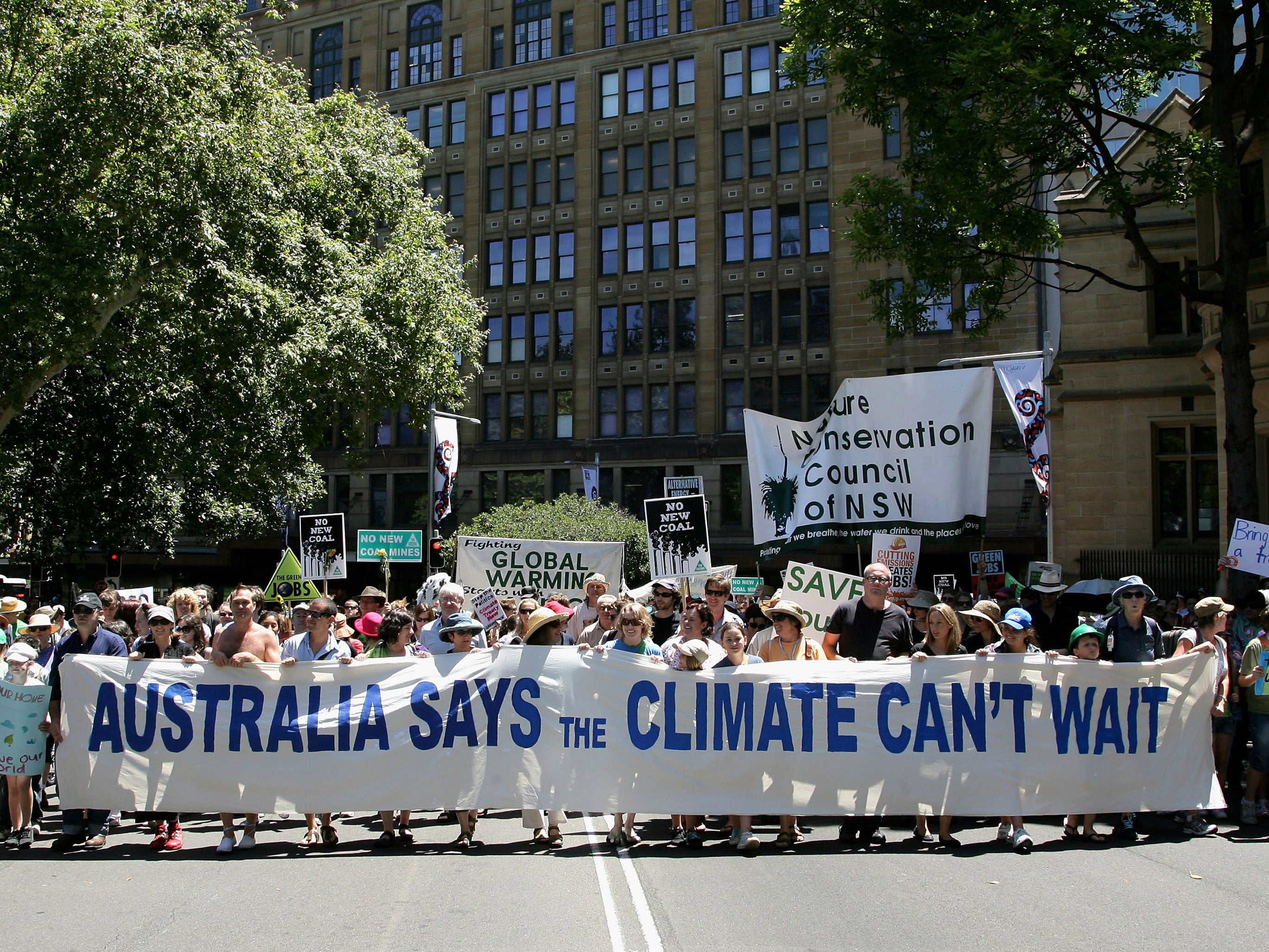One in five Australians don't believe in climate change
17 per cent of Australians disbelieved in climate change, followed by 15 per cent of people in Norway, 13 per cent in New Zealand and 12 per cent of Americans

Nearly one in five Australians do not believe in climate change, making the country the most sceptical about environmental issues in the world, according to a recent study.
17 per cent of Australians disbelieved in climate change, followed by 15 per cent of people in Norway, 13 per cent in New Zealand and 12 per cent of Americans, found research conducted by the University of Tasmania.
The research, published in the journal Global Environment Change, surveyed nearly 20,000 people in 14 industrialised countries which included Australia, Canada, France, Germany and the UK and was based on data collected through the International Social Survey Programme in 2010 and 2011.
It found that people in countries with higher carbon emissions were more likely to be sceptical, such as in the USA, Australia and Norway which all appear at the top of the list of CO2 emitting countries according to 2010 World Bank figures.
Other correlations found that men were more likely to be non-believers in climate change than women, which was found to be the case in twelve of the 14 countries surveyed.
Being politically conservative or right leaning also increased someone’s likelihood of being sceptical with people who identified more with left leaning politics less likely to doubt the existence of climate change.
Those who are less trusting of government also held more sceptical positions on climate change and older people rather than younger generations were less likely to be sceptical across countries.
The United Kingdom was found to be one of the countries “least concerned” about the environment and 10 per cent Britons were sceptical about climate change in the study.
At the other extreme, countries with the highest environmental concern included Canada and Switzerland and only 2 per cent of the Spanish and 4 per cent of Germans and Swiss are climate sceptics.
Those who were less likely to be sceptical included city dwellers and those who believe that science is able to solve environmental problems.
Researchers said: “Climate scepticism persists despite overwhelming scientific evidence that anthropogenic climate change is occurring. The reasons for this are varied and complex.”
They added that climate scepticism appears “to vary according to the political and cultural context of each country” and that contrary to expectations “climate sceptics are not merely the mirror image of environmentalists”.
Join our commenting forum
Join thought-provoking conversations, follow other Independent readers and see their replies
Comments
Bookmark popover
Removed from bookmarks